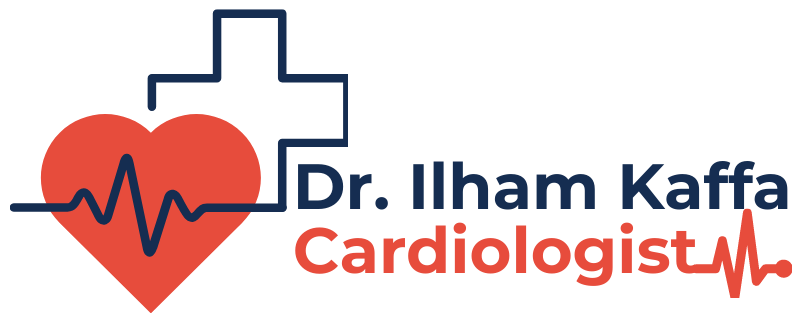Cardiologist Athens – Dr Ilham Kaffa
Cardiologist Athens - Tips, Examinations, and Evaluation
The heart is one of the most important organs in the body, and it’s important to take good care of it. That’s where a cardiologist comes in.
A cardiologist is a doctor who specializes in the diagnosis, treatment, and prevention of heart-related conditions. If you live in Athens, you’ll be happy to know that there are many cardiologists in the area. In this article, we’ll cover tips for finding the best cardiologist, what to expect from a cardiological clinic, and the importance of cardiological evaluation for your health.
Who Should Visit a Cardiologist
Cardiologists are trained to treat a wide range of heart conditions, from arrhythmias to heart failure. If your are actually in Athens and you have any symptoms that suggest a heart problem, such as chest pain, shortness of breath, or dizziness, you should see a “cardiologist near me” in Athens.
Other people who may need to see a cardiologist include those with a family history of heart disease, high blood pressure, high cholesterol, or diabetes. If you’re over the age of 40, it’s a good idea to have regular check-ups with a cardiologist, even if you don’t have any symptoms.
Cardiological Examinations and Tests for Preventing Cardiovascular Diseases
Cardiovascular diseases are the leading cause of death worldwide, and preventive measures play a crucial role in reducing the risk of these conditions. Cardiologists can perform a variety of examinations and tests to identify risk factors and prevent the development of cardiovascular diseases.

This is a non-invasive test that measures the electrical activity of the heart. It can help detect heart rhythm problems, such as atrial fibrillation, which can increase the risk of stroke.
This test uses sound waves to create images of the heart. It can help identify abnormalities in the heart’s structure or function, such as heart valve problems, that can increase the risk of heart failure.
This test measures how the heart responds to physical activity. It can help identify blockages in the coronary arteries, which can lead to heart attacks.
These tests measure various markers in the blood that can indicate the risk of cardiovascular disease, such as cholesterol levels, Troponin, BNP, Blood Sugar and C-reactive protein.
This test uses computed tomography (CT) imaging to create detailed images of the heart and blood vessels. It can help identify the presence of calcified plaques in the coronary arteries, which can indicate a high risk of heart attack.
This test uses magnetic resonance imaging (MRI) to create images of the heart and blood vessels. It can help identify abnormalities in the heart’s structure and function, such as heart muscle damage or inflammation.
This is an invasive test that involves injecting dye into the coronary arteries to visualize any blockages or narrowing. It is usually performed when other tests suggest the presence of coronary artery disease.
Prevention of Cardiovascular Diseases
Maintaining a healthy weight: Excess weight can increase the risk of high blood pressure, high cholesterol, and diabetes, which are all risk factors for cardiovascular disease.
Eating a heart-healthy diet: A diet that is high in fruits, vegetables, whole grains, and lean protein sources can help reduce the risk of cardiovascular disease.
Exercising regularly: Physical activity can help improve cardiovascular health by reducing blood pressure, lowering cholesterol levels, and improving circulation.
Managing stress: Chronic stress can increase the risk of cardiovascular disease by raising blood pressure and heart rate. Strategies such as meditation, deep breathing, and yoga can help reduce stress levels.
Quitting smoking: Smoking is a major risk factor for cardiovascular disease and can increase the risk of heart attack and stroke.
Managing underlying medical conditions: Conditions such as high blood pressure, high cholesterol, and diabetes can increase the risk of cardiovascular disease. Proper management of these conditions through medication, lifestyle changes, and regular monitoring can help reduce the risk of complications.
